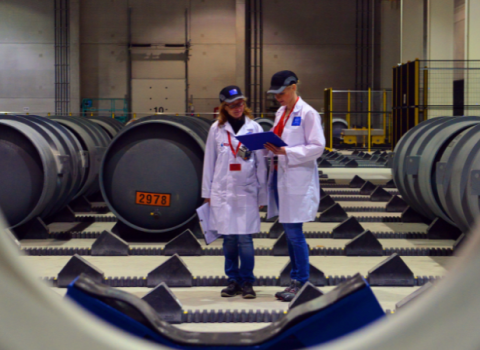
Infucell's flexible battery
Enfucell has invented a battery with a printable layer structure that uses paper containing the electrolyte as the separator between anode and cathode. The SoftBattery technology serves as a power source for disposable microelectronic equipment such as greetings cards, sensors, smart cards and so on. These applications usually require up to 1 milliwatt of power and are suited to Enfucell’s technology, which is based on traditional paper printing.
The paper battery converts chemical energy directly into electricity. Metal is oxidised at one side of paper and manganese oxide, or other oxides, are reduced on the reverse of the paper when the battery is connected. The metal can be zinc, aluminum, nickel.
Enfucell said the printable battery has a number of advantages over button cell batteries. It is low-cost, environmentally friendly, disposable with household waste, flexible in size and shape and integrates easily with applications.
The company last month received €600,000 in funding from Finnish venture capital funds Aloitusrahasto Vera Oy and Tekes, according to the company’s CEO Jaakko Happonen.
Enfucell was founded in June 2002 after years of research in the Automation Laboratory in Helsinki University of Technology on power sources for applications that have low power requirements. So far the main financing has been from Finnish Technology Development Centre, the Alko Foundation and the Automation Laboratory. About €1 million has been invested for the technology developments so far.





 A unique international forum for public research organisations and companies to connect their external engagement with strategic interests around their R&D system.
A unique international forum for public research organisations and companies to connect their external engagement with strategic interests around their R&D system.